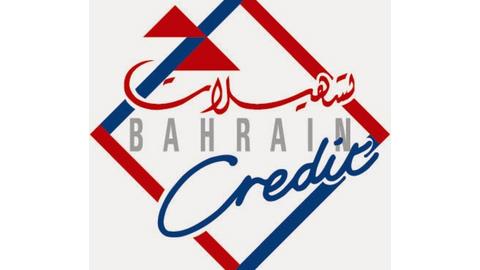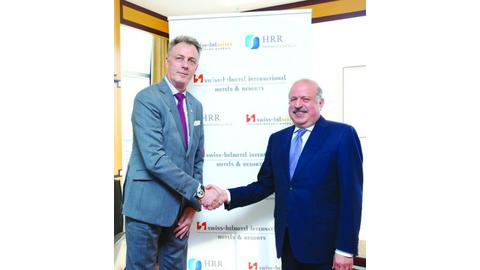Bahrain's new oil discovery could help steer economy back on track

BAHRAIN’s discovery of its largest oil and gas reserve in more than 80 years has been described as an “extraordinary” find that could help steer the economy back on track.
The untapped tight oil and deep gas reserve is located in the Gulf of Bahrain, off Bahrain’s west coast, and is considered to be the most significant discovery here since 1932 – when oil was first found.
It is “understood to dwarf Bahrain’s current reserves”, according to a statement issued yesterday by the Higher Committee for Natural Resources and Economic Security, chaired by His Royal Highness Prince Salman bin Hamad Al Khalifa, Crown Prince, Deputy Supreme Commander and First Deputy Premier.
The offshore resources were first discovered in the fourth quarter of last year and consist of tight oil, which is found in shale and limestone rock deposits.
It can be processed into petrol, diesel and jet fuel.
“Following the initial discovery of the resource, detailed analysis of the find’s content, size and extraction viability has been undertaken alongside internationally-renowned petroleum industry consultants, DeGolyer and MacNaughton (Demac),” said Oil Minister Shaikh Mohamed bin Khalifa Al Khalifa.
“Today we announce that initial analysis demonstrates the find is at substantial levels, capable of supporting the long-term extraction of tight oil and deep gas.”
The government said modelling and analytical studies were ongoing, led by Bahrain’s National Oil and Gas Authority (Noga) and private sector partners, to assess the quantity and market value of the reserves.
Texas-based DeGolyer and MacNaughton, which is one of the oldest names in the oil and gas sector, said the project “breaks new ground for the industry”.
“Demac evaluated the reservoir and test data, evaluated volumetric and recovery potential, and provided reports documenting both prospective and contingent resources,” said a company spokesman yesterday.
Shura Council financial and economic affairs committee chairman Khalid Al Maskati said the discovery was “great news for the economy and the oil and gas sector”.
“Bahrain relies on output from the Abu Safa oil field that it shares with Saudi Arabia, but this new discovery will further boost national output,” he said.
“The discovery will help downstream industries, along with having a positive impact on our economy, because this is something extraordinary for us to find such a large quantity of untapped reserves.”
Mr Al Maskati said the next step was to formulate a strategy to get the most out of the resources.
“Even the by-products of crude oil can add value to certain industries,” he explained, adding that new legislation to support the oil and gas sector in Bahrain would be forthcoming.
Meanwhile, Bahrain Chamber of Commerce and Industry executive committee board member Bassim Al Saie welcomed the discovery, but said it was imperative to continue pushing through economic reforms.
“This is no doubt good news for the country, but this does not mean we can relax the pace of reforms,” he said.
“The reality is the world is shifting to renewable energy and this requires exceptional efforts by all branches of the government to boost the economy.
“We still don’t know the costs involved in the extrication process per barrel or exploring natural gas, which will take some time.”
The Oil Ministry has announced additional details of the discovery, including initial estimates of its size and extraction viability, would be revealed during a Press conference on Wednesday.
Bahrain is currently seeking to implement economic reforms, which are designed to reduce its reliance on oil, tackle the budget deficit and reduce public debt.


